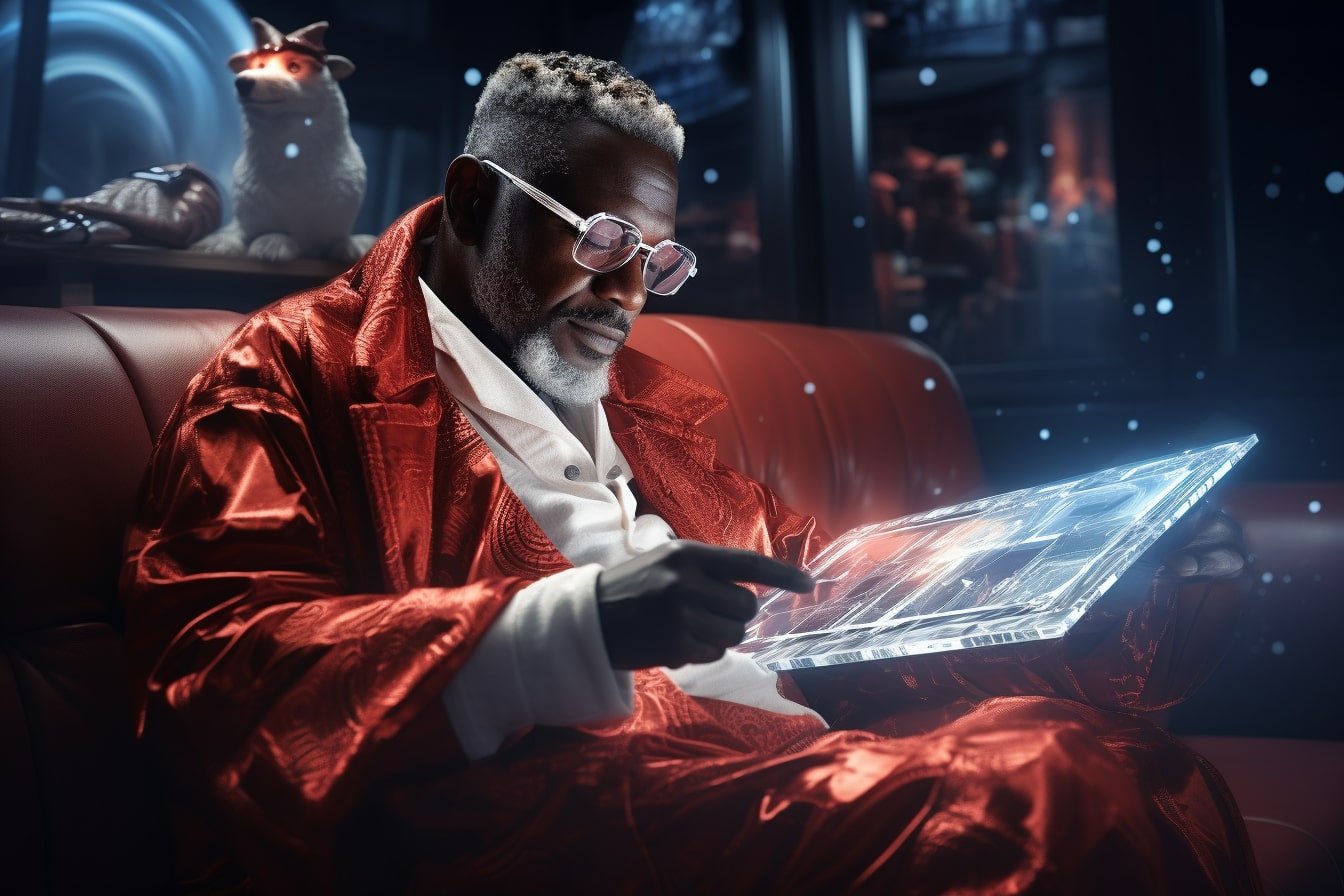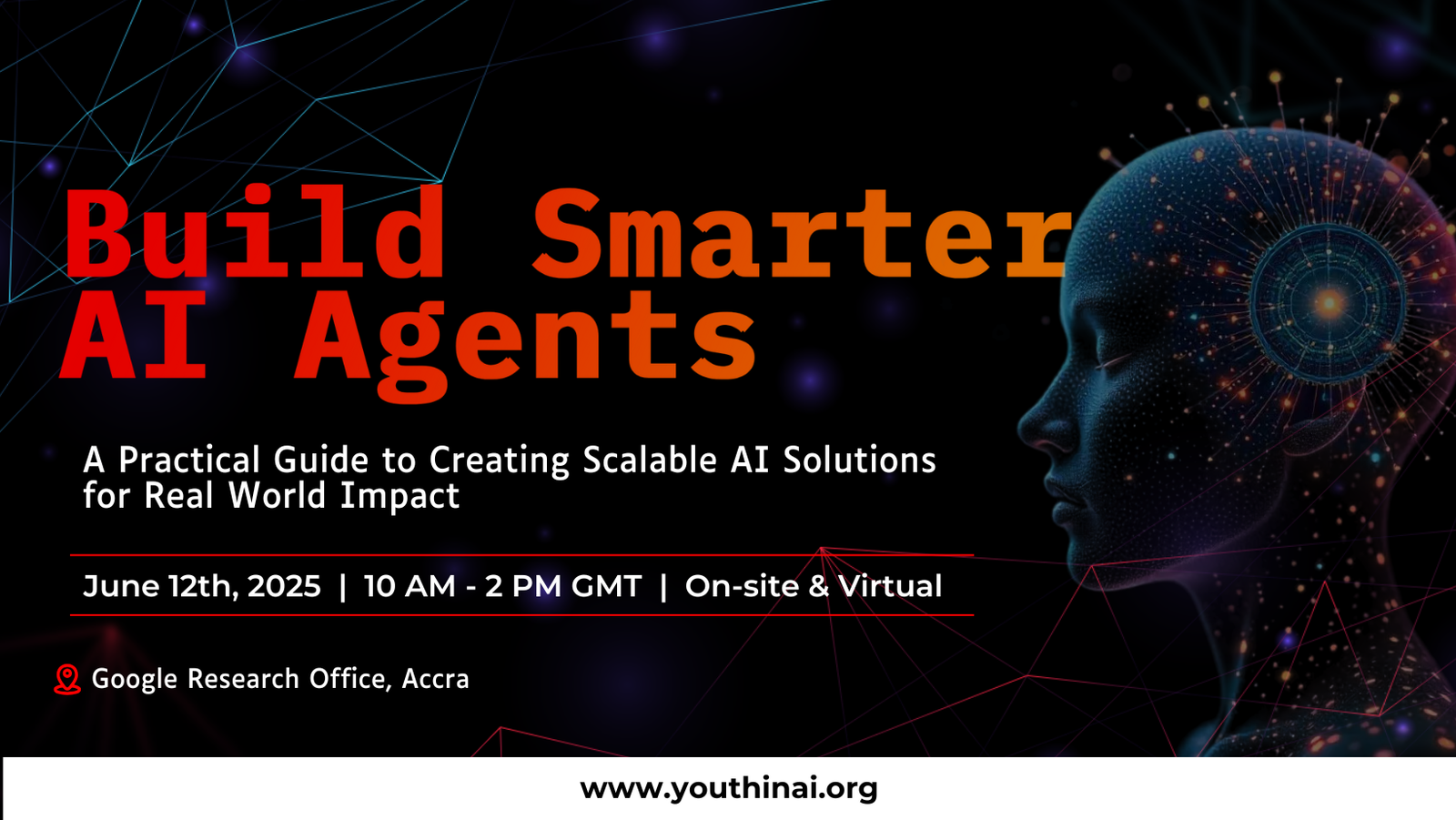By 2035, more young people from Africa will be entering the workforce each year than from the rest of the world’s countries combined. Such a demographic…
April 17, 2025
May 11, 2025
In a bold call to action, Misbawu Abdallah, President of Africa Youth in AI, has urged the government of Ghana to develop Artificial Intelligence…
June 8, 2025
Title: Build Smarter AI AgentsTheme: A Practical Guide to Creating Scalable AI Solutions for Real-World ImpactWhen: June12th, 2025Where: Onsite and VirtualVenue for Onsite: Google…
July 7, 2025
In a milestone event held at the Google Research Office in Accra, Youth in AI officially launched the Youth in AI Lab, a visionary…



